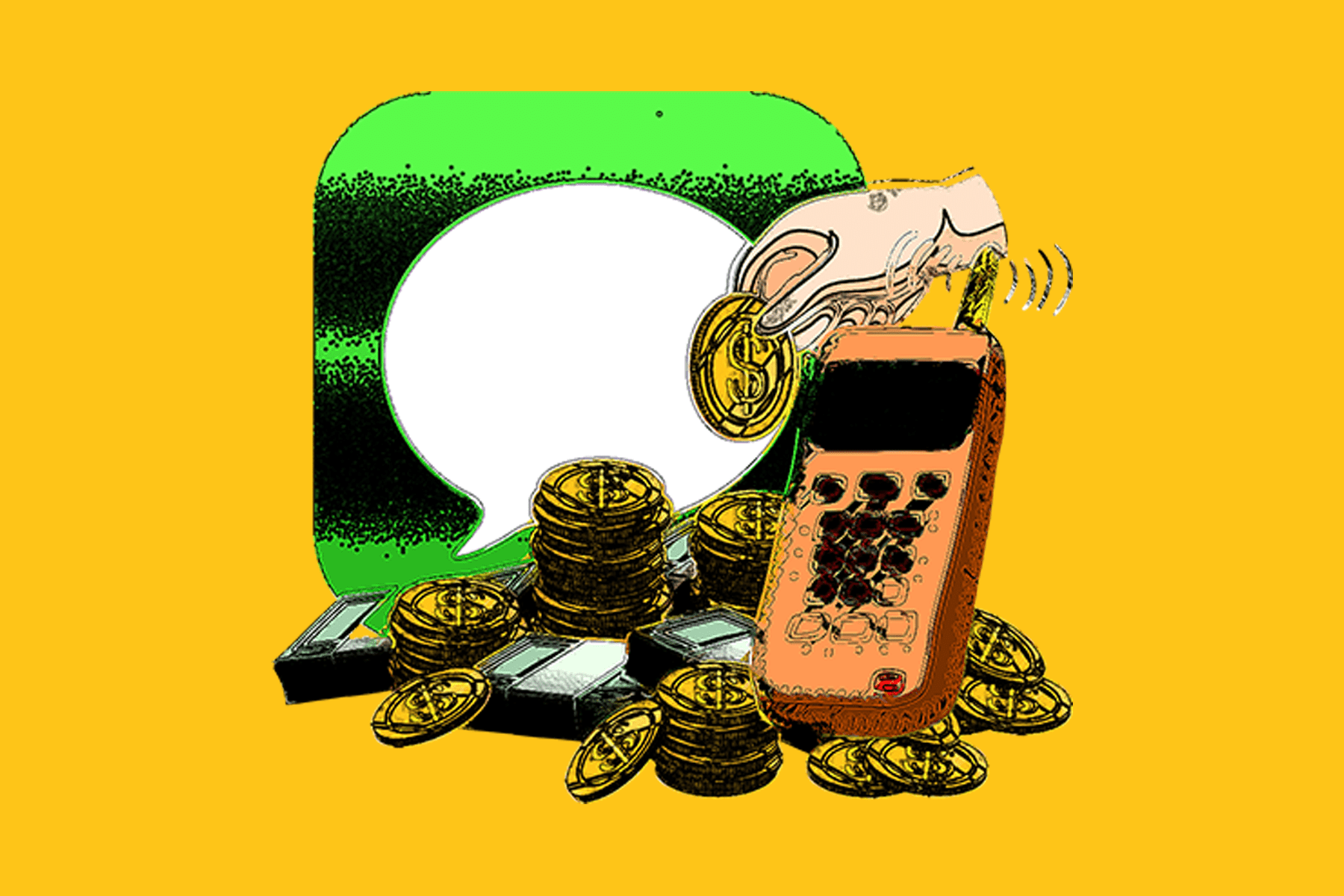Sometimes the scammers targeting Chinese students are really obvious. Their calls will always have a sentence at the end: “For mandarin services please press one, for English services please press two.” And if you press two, they will hang up.
And yet, these scammers are becoming harder to identify. The three scenarios below explore different scams frequently targeting international students. They are developed from the personal experiences of myself and five interviewees, who are all Chinese students studying in Australia.
1. Calls
You receive a call. The caller is claiming to be from DHL saying that something went wrong with your parcel. Since you did send a parcel at DHL last week, and the caller knows your name, you tentatively decide to trust them.
You have doubts, but they do not mention anything about money. They seem nice: they help you contact “the police”, who show you their certification.
The “policeman” teaches you law terms and regulations to help you understand the situation. He explains that you were involved in an international money laundering case, and you need to prove your innocence.
A “prosecutor” also calls you and claims aggressively that he would send you to prison. The “policeman” keeps acting kind. He says, “I have a child who is the same age as you, so I feel for you. I’ll help you to persuade the prosecutor. Don’t worry.”
Then, they ask to check your bank account.
These fraudsters can be very patient. They can spend five hours presenting a story to you before discussing anything relating to money. They can start with trying to get your ID — after this, they can get your photo and other information to generate fake web pages that look authoritative and believable.
The scammers try to isolate you so that you cannot talk to anyone who might help you to figure out that you’re in a trap. They can monitor your phone to check if you’re making calls to others, and they may even ask you to go to a hotel room and stay alone.
A different scam could ask you if you think your 4G is slowing down. They instruct you to search for your IP address, and tell you that it was hacked. Then, they offer to recover it for you, but you have to download an app for this to be possible. They may use this app to collect data from your phone or seek to gain control of your device.
2. Messages
You receive a message: “Hi Tina, Amy introduced me to you. She said the restaurant close to your place was great. May I ask where it is? I’d love to have a taste.”
You have no idea what this is about. At first you think it might be a stranger who entered the wrong number, and you reply to them with patience and kindness. “Sorry, I’m not Tina,” you say.
But there were too many strangers like this. “It’s Monday, are you still working?” “How’s the weather in Australia? I’m in Japan now.” “Long time no see, how are you recently?” Even on Mother’s Day, you received a message: “Where is the cake that I ordered for my mum? Please deliver it now!”
You find a suggestion that says you can send a message saying “STOP” to avoid further harassment. You try to do so. Guess what? You got this reply instantly: “You have successfully been unsubscribed. You will not receive any more messages from this number. Reply START to resubscribe.”
You wonder who might have signed you up to begin with… How did they get your number?
Like the fake delivery issues phone call scams, scammers can also send messages to mask themselves as from delivery or mobile communication services. You receive a message: “AuPost: Your item was redirected to our depot as our couriers were unable to safely leave your item. To request redelivery, visit [hyperlink].” The hyperlink takes you to a website that looks just like the official Australia Post webpage. This confuses you — after all, you have just arrived in Australia.
Scams like this may never get your money, but they make you hesitant to pick up calls or to look at messages. They undermine your trust in other people. They make you suspicious of everything.
3. Currency exchange
You need to pay your tuition fee and your rent soon, but exchanging currency in large amounts has some restrictions. You decide to reach out to that person — it was supposed to be much easier than going to the bank and you don’t want to wait.
Your older friend at university had introduced you to him. Many of your friends exchange currency with him. You have already had some transactions with him that went smoothly. He has a company and its own app — the app looks legitimate.
It sounds like he is trustworthy, doesn’t it? But this time, after you transferred 100,000 yuan to his account, you never get the 21,882 Australian dollars in return.
This is a real experience from an international student. The scammer called himself Gavriel, and the app is called Kou Dai Hui (PocketRemit). The scammer is still responding to the student’s messages, claiming that they cannot do anything about him. The student has contacted the police and the embassy, but was not able to get his money back.
In the future, scams will get harder to identify with the advancement of AI technology. So, it is important to stay vigilant and look out for signs that things may not be what they seem. USyd has developed their own guide for what signs to look out for. The ACCC’s Scamwatch provides advice about what to do after you’ve been scammed.





